Reverse charge of import VAT in France: definition and benefits
Since January 1st, 2022, if you import goods into France from a country outside the European Union as a taxable person, you must automatically reverse-charge the import VAT due on importation.
Importers must now declare and pay import VAT when making their monthly or quarterly VAT return.
Imports: what counts as an import?
An import is the entry into France of a good from a State or territory located outside the European Union. The exact circumstances of the import (transfer of ownership, price, Incoterms, etc.) do not play a role in the qualification of an importation.
Import VAT becomes payable when the good is considered as imported.
Special territories such as Guadeloupe, French Guiana, Mayotte, Martinique, Réunion, Saint-Martin/Sint Maarten, Madeira, the Azores, and the Canary Islands are not considered part of the European Union’s territory. Accordingly, movements of goods between these territories and an EU Member State constitute imports on arrival.
What is the reverse-charge mechanism?
The reverse-charge is a special VAT scheme allowing taxpayers to simultaneously declare and deduct VAT. A reverse-charged transaction is therefore neutral for the taxpayer who directly deducts the due VAT in their VAT returns, provided that said taxpayer benefits from the possibility to fully deduct VAT.
Until January 2022, import VAT had to be paid upon customs clearance of the imported goods, which resulted in a cash outflow. The reverse-charge therefore presents the advantage of not having to pay VAT to customs on import, therefore avoiding any cash advance on the import for the taxpayer.
Can I benefit from the import VAT reverse-charge?
Since 1 January 2022, import VAT is no longer paid to customs during customs clearance i. e. upon filing of the SAD document. Instead, any business subject to VAT in France and importing into France must report import VAT reverse-charge
on its VAT returns.
Companies wishing to import goods into France which do not yet have a valid French VAT number must register for French VAT with the competent tax authority. This is because taxpayers that are not registered in France for VAT purposes cannot benefit from the import VAT reverse-charge.
- The amount of taxable transactions
- The taxpayer’s applicable tax scheme
- Any non-taxable amounts.
This information must be carefully checked before filing your VAT returns.
Who are we?
TEVEA International offers its customers tailor-made services to best meet the expectations of professionals. We have a team of multilingual consultants, including European and international VAT compliance specialists, to assist you.



